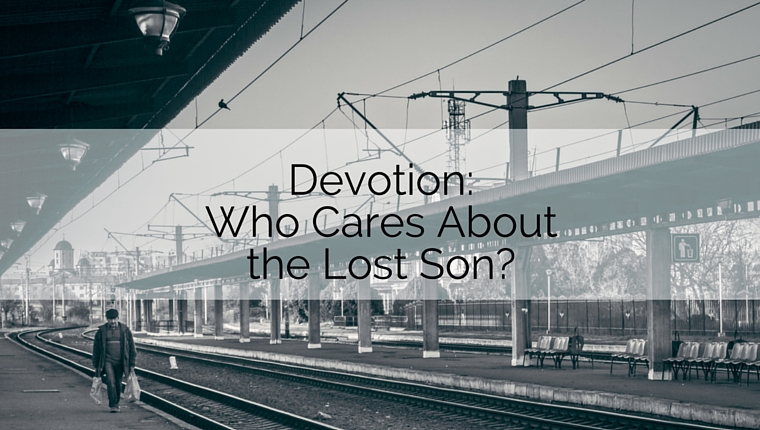Read Luke 15:11-32, the story of the Prodigal Son.
In our number driven world, sometimes the vitality of the church is judged by the number of baptisms in a year (especially adult baptisms). Certainly anytime a person is baptized into the family of God it is a reason to celebrate. However, I have found little concern for the lost sons and daughters who are “in the books” of church membership, but never in the pews. These are the young adults who remain on the roster because it is too uncomfortable to acknowledge that they are gone. But they are gone. So who cares about the lost son? When your church discusses reaching the lost, do the lost sons and daughters count?
In his recent book, What Do They Hear? (2007), Mark Alan Powell describes how different people hear the parable of the lost son. Take a moment and summarize the parable from Luke 15:11-32 for yourself and answer the question: Why was the lost son starving?
Powell’s experiment shows that Western Christians identify the son’s problem to be squandering wealth on wild living. However, a group of Russian Christians identified the famine as the son’s problem. While most of the Western Christians he surveyed didn’t even mention the famine in their summary, the Russians overlooked the squandering of wealth as an insignificant offence. When a group of Christians in Tanzania studied the same text, they concluded that the son was in trouble because no one in the community would care for him. Though social location seems to have an impact on what each person highlighted as the problem, we can all recognized that the problems (the misuse of money, famine in the land, and a society that lacks compassion) highlight the fundamental concern; the son had left his Father’s home.
Lost sons and daughters make bad choices with money and credit cards. They can experience many hardships in the world (e.g., loss of job in a recession or as a result of an oil spill), and some die, homeless and hungry in a society that lacks compassion. But the root of their problems is the same. They have left their Father’s home…they have left the church. Away from the church they find no forgiveness in Christ for bad choices, or guidance to make good choices. Away from their Father’s house they face inevitable hardships alone. Away from church, they are not surrounded by a community that suffers with them and cares for them.
If we want to measure the health of our church, we should do more than compute our number of members and begin to measure our compassion for the lost (v.20).
So who out there cares about the lost son? The Father does (vv. 20-23) and as brothers and sisters in Christ, I encourage you to do the same!
Have a great day in the Lord!
Originally published at www.LCMSYoungAdultMinistry.org on 7/6/2010











0 Comments